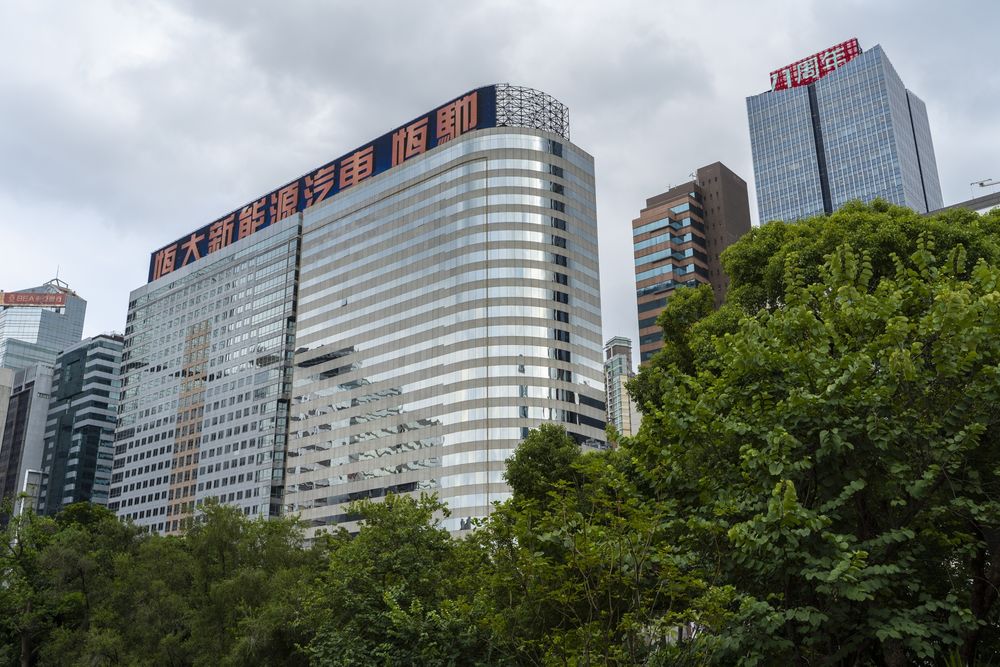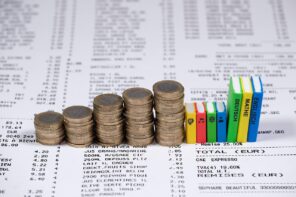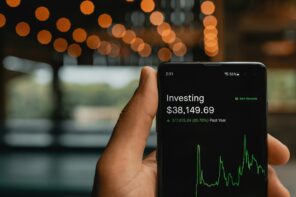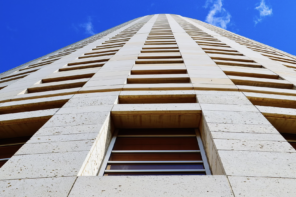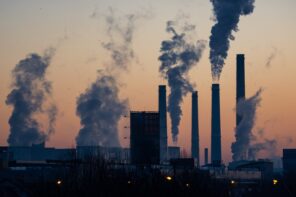Evergrande Real Estate first made international headlines in August when S&P Global downgraded their already ‘highly speculative’ credit rating four notches in a single week. What ensued was the systematic meltdown of China’s second-largest property developer, as well as the consequent threat of contagion across global debt markets.
Evergrande owns more than 1,300 projects in over 280 cities across China, but the broader Evergrande Group encompasses far more than just property development. With businesses ranging from wealth management to electric car production, the firm has truly earned its reputation as a corporate behemoth with a taste for exuberance. It even owns two theme parks, one of China’s biggest soccer teams, and is building a group of artificial islands off the north coast of Hainan. Since its founding in 1996, Evergrande’s explosive growth has been fueled by China’s economic boom, lenient lenders, and simultaneous credit and real-estate bubbles. Unfortunately, the lending environment that had encouraged such aggressive expansion is precisely what increasingly hostile Chinese regulators have set their sights on.
The lending environment that had encouraged such aggressive expansion is precisely what increasingly hostile Chinese regulators have set their sights on.
Last year, Beijing brought in new rules to control the excessive leverage of big real estate developers. These new measures, termed the “three red lines”, capped leverage ratios in relation to a firm’s cash flows, assets, and capital levels. Companies operating in violation of this policy were to immediately bring debt levels back within the approved range. For Evergrande, this required billions of dollars of cash that they did not have; so, as with any firm facing a major liquidity crisis, it was time to hold a good-old fire sale. Evergrande scrambled to divest its highly illiquid holdings at pennies on the dollar, but it was evident these efforts were too little too late. Since then, Evergrande’s 2025 bonds have sold off from 92.3 in June to just 25.6. During that same period, their share price plummeted 77% before trading was halted at $0.38. As if matters weren’t bad enough, impairments taken on the sale of property only worsened Evergrande’s leverage profile. In fact, the pain inflicted by the three red lines ended up sending total debt/EBITDA to 73.6x in 2Q21’ from just 10.8x in 3Q20’. Today, Evergrande has all but imploded under its crushing $300 billion debt load, earning itself a not-so-glamorous position in junk bond history.
Excessive leverage in the broader Chinese economy, not just real estate, has been a concern for quite some time. Stressed corporations often employ debt financing to meet their upcoming principal and interest payments. It is through this mechanism that companies can roll outstanding bonds over via new issuances. The process can continue indefinitely, however, in the event of a credit crunch (as is often caused by a major default) firms find it harder to refinance and meet short-term obligations. What ensues are more defaults, thus the cycle continues. Some fear that this is exactly what has begun within China’s $12 trillion junk bond market. Local junk bond yields have soared to a staggering 17%, up from their June high of 8%. As yields skyrocket, so does the cost of borrowing and some Chinese firms are finding it impossible to refinance their short-term obligations. Since Evergrande’s missed payment, another real estate holdings firm by the name of Fantasia Holdings defaulted on a $206 million offshore note sending its price from 80.1 in July to just 20.0. As well, Fantasia defaulted on an additional $100 million loan from Country Garden (China’s largest real estate developer). The lending between these struggling companies makes contagion within the industry even more of a risk. The situation is dire, and the affected bondholders are unsure who will be getting repaid, yet the question of Chinese government intervention remains. How might Beijing decide to step in and if they don’t, will the contagion spread to credit markets overseas?
How might Beijing decided to step in and if they don’t, will the contagion spread to credit markets overseas?
Doomsday forecasts of international contagion, which have received so much attention from the financial media, seem to have been overblown. The effects of Evergrande’s fallout have been unable to transcend credit ratings, much less international borders. As the markets stand right now, the divergence between China’s high yield and investment-grade credit suggests that Evergrande’s fallout may be contained within the Chinese junk market alone. On the contrary, the contagion within Chinese debt markets coincides with increasingly hawkish monetary policy elsewhere in the world. Global yields are rising, therefore so is the cost of borrowing. Firms that had overindulged whilst adding leverage to their capital stack must face future debt obligations in a higher interest rate environment and rely increasingly on operating cash-flows to do so. While Evergrande is no Lehman Brothers, nor does its collapse signify a Minsky moment, many more defaults are expected, and it is looking more and more like Beijing will let Evergrande be the poster child of their real estate sector’s deleveraging.

